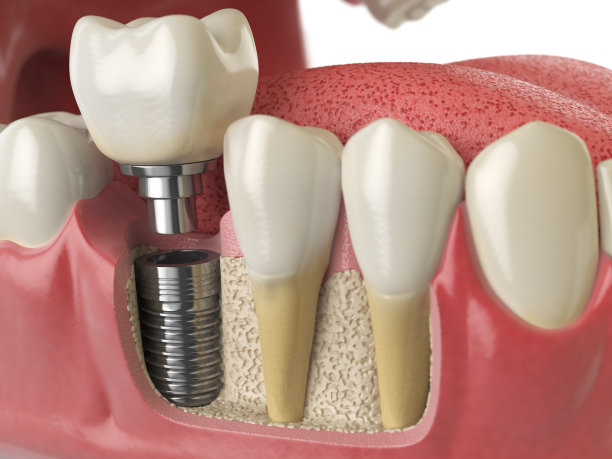Essential Guidelines and Precautions to Ensure Successful Root Canal Treatment for Optimal Dental Health and Healing
Summary: Ensuring successful root canal treatment is vital for maintaining optimal dental health and promoting healing. This article highlights essential guidelines and precautions that patients should consider pre-treatment, during the procedure, post-treatment, and in maintaining their overall oral hygiene. By adhering to these practices, patients can enhance the effectiveness of their treatment and prevent complications, all while contributing to long-term dental health.
1. Pre-Treatment Considerations for Patients

Prior to undergoing root canal treatment, it is crucial for patients to have a comprehensive understanding of their dental health. A thorough consultation with the dentist can identify the extent of decay or infection that requires treatment. Radiographic examinations are often employed to assess the root structure and the surrounding bone, ensuring an accurate diagnosis.
It is equally important for patients to disclose any medical history or current medications they are taking. Certain health conditions or drugs can affect the treatment procedure or healing process. For instance, patients with diabetes or those on anticoagulants may require special considerations to minimize complications.
Lastly, setting realistic expectations is essential. Discussing potential outcomes and the likelihood of success during the consultation can help mitigate anxiety and foster a collaborative relationship with the dentist. Patients should feel informed and empowered as they prepare for their root canal procedure.
2. Intrusive Procedures: Day of Treatment
The day of the root canal treatment, patients should aim for relaxation and take precautionary measures to ease anxiety. Arriving at the dental clinic on time and having a meal beforehand can provide the needed energy and contribute to comfort during the procedure. It is advisable to avoid alcohol or recreational drugs prior to the appointment, as these may interfere with sedatives administered during treatment.
During the procedure itself, proper anesthetics are administered to ensure that the patient remains comfortable throughout. Dentists often utilize modern techniques, including digital imaging and advanced tools, to enhance precision and reduce discomfort. Patients should actively communicate with their dentist about any feelings of discomfort or anxiety during this stage.
Following the procedure, dentists will provide specific aftercare instructions. Adhering to these guidelines is essential for minimizing pain and preventing complications such as reinfection. Patients should understand the importance of monitoring any abnormal symptoms and reporting them promptly to their healthcare provider.
3. Post-Treatment Care for Optimal Healing
Post-treatment care is paramount for ensuring successful healing and preventing complications. Patients should follow their dentists instructions regarding medications, such as analgesics or antibiotics, to manage discomfort and prevent infections. It is critical to complete any prescribed medication courses to optimize recovery outcomes.
Diet plays an equally vital role during the recovery phase. Patients are advised to consume soft foods that do not require excessive chewing for the first few days following treatment. Avoiding hard, sticky, or crunchy foods can prevent unnecessary strain on the treated tooth.
Regular follow-ups are also crucial in assessing the treatments success. Dentists may schedule follow-up appointments to examine healing and to take any necessary radiographs. These visits help ensure that the root canal has adequately resolved the infection and that the tooth is functioning properly within the oral cavity.
4. Long-Term Dental Hygiene Practices
Long-term dental hygiene is essential for the health of the treated tooth and the overall mouth. This includes maintaining a consistent oral care routine that comprises brushing twice daily with fluoride toothpaste and daily flossing. Proper techniques should be employed to effectively clean around the treated tooth to prevent decay in the future.
Routine dental check-ups should be prioritized as well, ideally every six months. Regular check-ups allow dentists to monitor dental health and provide professional cleanings, which can help detect early signs of potential issues before they escalate.
Furthermore, lifestyle choices, such as minimizing sugar intake and quitting tobacco, are pivotal for sustaining oral health. These habits can decrease the risk of further dental issues, thereby enhancing the overall success of the root canal treatment. Staying hydrated and promoting good saliva production are additional factors that benefit long-term dental health.
Summary:
Success in root canal treatment hinges upon adequate preparation, attentive care during the procedure, and diligent post-treatment practices. By following the essential guidelines and precautions detailed in this article, patients can significantly enhance their chances for optimal dental health and healing.
This article is compiled by Vickong Dental and the content is for reference only



